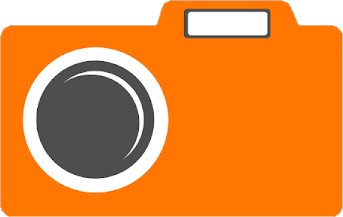teaching:topics:number:axioms-formal
Differences
This shows you the differences between two versions of the page.
| Both sides previous revision Previous revision | Next revision Both sides next revision | ||
|
teaching:topics:number:axioms-formal [2024/03/14 12:29] simon [a more formal way to define numbers] |
teaching:topics:number:axioms-formal [2024/03/14 12:38] simon [using 'sets' to describe the properties of numbers] |
||
|---|---|---|---|
| Line 35: | Line 35: | ||
| most exotic kinds of measurement and numbers we have invented at the time. | most exotic kinds of measurement and numbers we have invented at the time. | ||
| - | Often the behaviour of these abstract, mathematical number-sets seems to match patterns we observe in the world around us. Then we work with those observations assuming the measurements behave like that set, like one of our number systems --- that means we use all the familiar methods and theorems that we know about that kind of number. | + | <WRAP #science/>Often the behaviour of these abstract, mathematical number-sets seems to match patterns we observe in the world around us. Then we work with those observations assuming the measurements behave like that set, like one of our number systems --- that means we use all the familiar methods and theorems that we know about that kind of number. |
| We use our familiar algebra techniques to help solve problems or make predictions about that aspect of the world. We can compare our calculated results with what we observe --- perhaps straightforward measurements of a particular property, or perhaps something much more exotic. If those predictions are correct then the idea that these things we are observing really do behave like the mathematics we are using as a model gets stronger. Science is mostly about exploring, testing and extending these models and seeking more observations in a wider range of situations. Technology, and analysis in a vast range of fields, depends on a working familiarity with these mathematical models. | We use our familiar algebra techniques to help solve problems or make predictions about that aspect of the world. We can compare our calculated results with what we observe --- perhaps straightforward measurements of a particular property, or perhaps something much more exotic. If those predictions are correct then the idea that these things we are observing really do behave like the mathematics we are using as a model gets stronger. Science is mostly about exploring, testing and extending these models and seeking more observations in a wider range of situations. Technology, and analysis in a vast range of fields, depends on a working familiarity with these mathematical models. | ||
teaching/topics/number/axioms-formal.txt · Last modified: 2024/05/02 09:44 by simon


